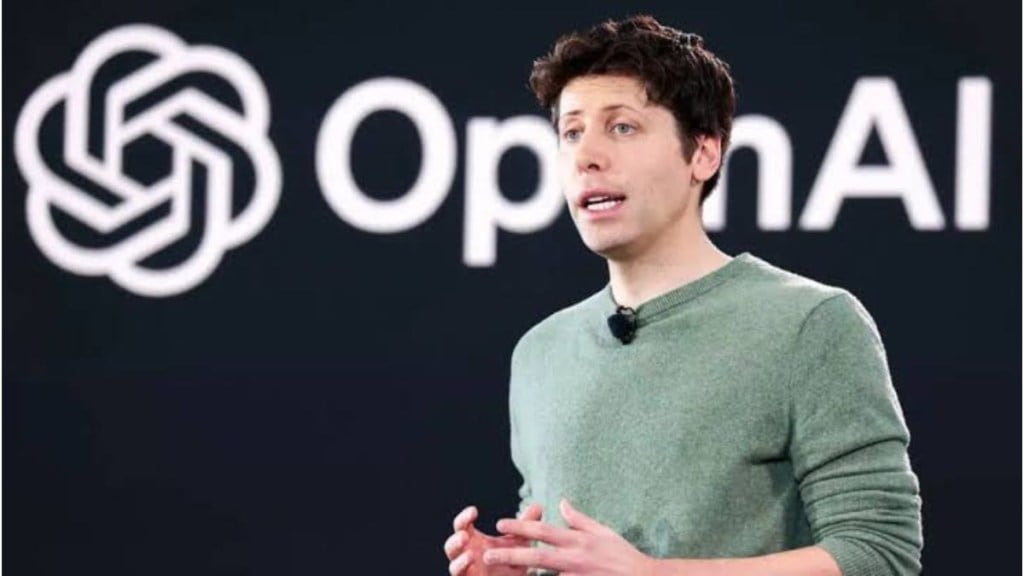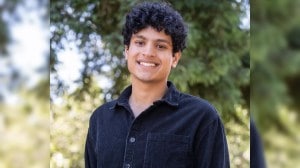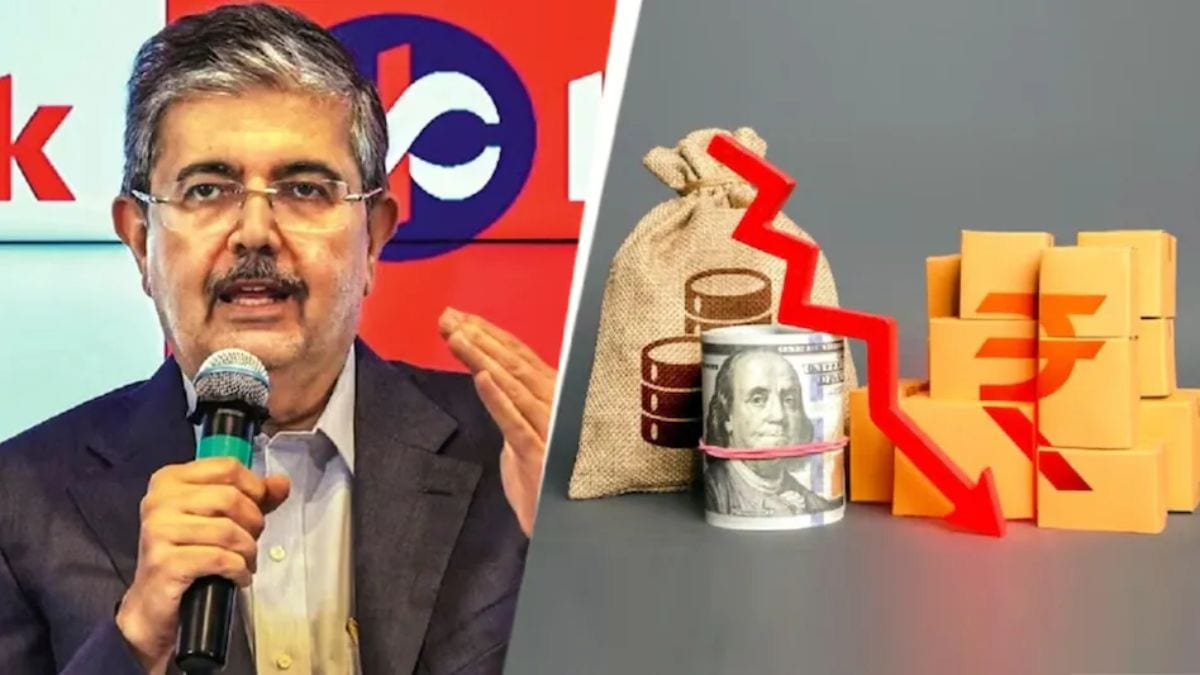OpenAI CEO Sam Altman recently came up with a controversial perspective on the widespread anxiety surrounding job displacement by AI. In a public interview, Altman suggested that many professions, which were being eliminated or transformed by the technology, may not qualify as “real work” when viewed across several eras.
Speaking at the company’s recent DevDay conference, Altman addressed the concern about AI potentially erasing hundreds of millions of knowledge-worker jobs even before new roles are created. To frame his view, he used a historical analogy, asking the audience to consider the perspective of a farmer from half a century ago.
Altman argued that a farmer, whose job of producing food and sustaining life is essential, would likely look at many of today’s modern, non-physical occupations — including the roles held by white-collar workers — and may not approve of them. From that farmer’s viewpoint, contemporary jobs might resemble “playing a game to fill your time” rather than performing genuinely essential, or “real work”.
Sam Altman speaks on AI-displaced jobs
The CEO explained that this shifting standard of what implies of meaningful employment makes him “a little less worried” about the societal impact of AI-driven unemployment. He suggested that just as the farmer of the past could not have thought of the new roles created by the internet, people today cannot fully imagine the new career opportunities that AI will ultimately unlock.
Altman believes the jobs of the distant future will similarly make current professional work seem trivial in comparison to the new forms of work that future professionals will undertake. The underlying point is ‘profound confidence in human ingenuity to adapt.’
“I’m so willing to bet on human drives being what they are,” Altman stated, suggesting that the natural human impulse toward progress and meaning will ensure that employment remains robust.
Altman also promises better ChatGPT 6 launch
On a different occasion, Altman also acknowledged that ChatGPT-5’s launch in August was rocky, admitting mistakes in its rollout and calling it a disaster. Despite initial disappointment from users and critics like Gary Marcus, who said GPT-5 failed to meet AGI expectations, Altman maintains it marked a breakthrough in AI’s role in scientific discovery.
OpenAI president Greg Brockman highlighted improvements driven by reinforcement learning based on human feedback rather than scaling data. Looking ahead, Altman assured that GPT-6 will be a “major upgrade” over GPT-5, with GPT-7 expected to show even greater progress.








